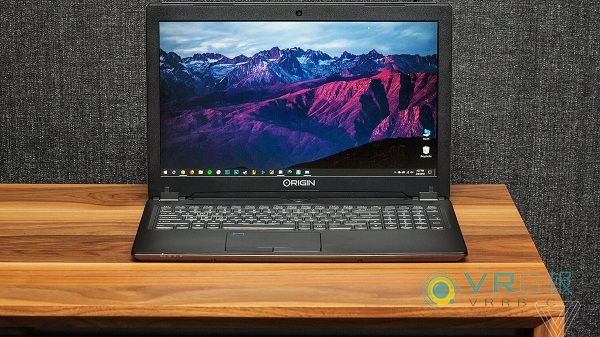
The development of technology has made ultra-thin VR computers possible. Origin's EVO15-S can be considered as a representative of the light and thin VR computer, weighs only 5.2 pounds, equipped with the Max-Q version of the GTX 1070, almost able to cope with most of the VR games on the market.
Origin is a high-end custom computer manufacturer, most of which can be customized online. The EVO15-S starts at $1615 online and is configurable up to $2,136.
EVO15-S equipped with i7-7700HQ (clocked at 2.8GHz, can be dynamically overclocked to 3.8GHz), memory 16GB DDR4 RAM, 250GB Samsung 960 Evo SSD, 2T HDD, equipped with 15.6-inch FHD (refresh rate of 120Hz) and GTX 1070 (8GB GDDR5, Max-Q version).
In order to adapt to the size and power consumption of the notebook, the performance of the Max-Q version of the GTX 1070 is 10%-15% lower than that of the desktop version. Dynamic overclocking is also lower than the desktop version, but the memory clock frequency remains unchanged. Players can think of it as the desktop version of the GTX 1060. Despite being a reduced-frequency version, the GTX 1070 has been able to meet the player's daily VR applications.
The screen of the EVO15-S is 15.6 inches. Although the refresh is 120Hz, Nvidia's G-Sync technology is not supported. G-SYNC technology can solve the trade-off problem brought by V-SYNC. No matter how fast the picture update rate is, it can completely synchronize the screen with the GPU and provide an unparalleled PC gaming experience. Thanks to the GTX 1070, there is no problem with the 1080p @120Hz display.
As mentioned above, the lack of support for G-Sync technology is a small pity, but the overall configuration and design of the EVO15-S can already meet the application requirements of most VR players.
3 Mm /8 Mm Nano Tip,Electronic Board Marker Pen,Touch Board Marker Pens,Infared Smart Board Marker
Shenzhen Ruidian Technology CO., Ltd , https://www.szwisonen.com